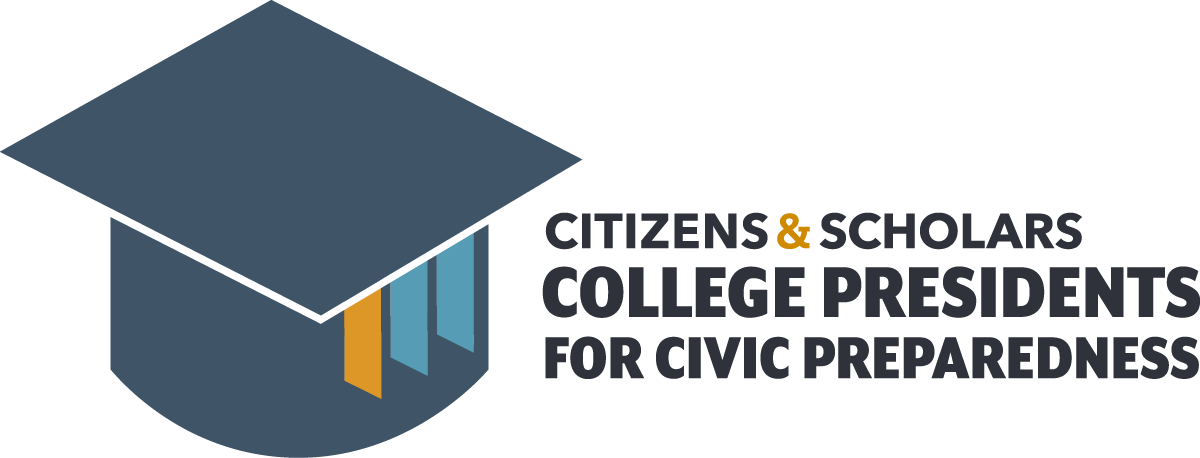Unscripted Faculty Voices

Hear from the faculty moving the needle on productive dialogue on campus.
Mecca Madyun, Faculty Director, Drew University
Mecca Madyun, a professor and leader in civic engagement at Drew University, is helping faculty have engaging discussions on complex issues on their campuses as a 2025 Faculty Institute Fellow. But this isn’t about “kumbaya” or changing minds, Mecca says—it’s about encouraging young people to be open and excited to hear other’s ideas, and to value someone regardless of their beliefs.
“Anywhere you find human beings, we’re always negotiating values, and I think that’s really at the core of this idea of civil discourse, is how are we able to communicate our values in a way that we are coming together to share ideas primarily, and not with the goal of changing anyone’s mind, per se, but to be able to hear all of the possibilities that exist.”
Aaliyah Turner, Sociologist, DePauw University
As a sociologist, Aliyah Turner is no stranger to tough conversations—she’s “in the business of difficult dialogue.” But after attending the Faculty Institute, she’s doubling down on that work and bringing new insights back to DePauw University, where she’s leading professional development workshops for her colleagues. She shares what it means to “rip off the Band-Aid from day one,” discusses how faculty can push past the fear of getting it right, and talks about framing research for inclusivity.
“They’re not just gaining research and writing 101, but actually how you can write in a way that meaningfully thinks about difference and addresses those differences that exist, how you can engage your own choice making about who is undervalued in the research process, who you can give voice to, who you can give authorship to, who you can choose to highlight when you go on, to select the population to study for your research, to give them a platform that they otherwise wouldn’t have.”
Elizabeth Matto, Director of the Eagleton Institute of Politics, Rutgers University
In today’s political climate, navigating conversations with those who disagree with you can feel like walking a tightrope. But for Elizabeth Matto, Director of the Eagleton Institute of Politics, a political scientist, and a research professor at Rutgers University, it’s a skill worth mastering. In June 2024, she explored new strategies for helping her students engage in productive conversations about difficult topics at the Faculty Institute.
“My students care about what’s going on around them. They care about the state of American politics and campus politics. They care about these really weighty public problems that they are either experiencing now or know they will be bearing the burden of solving. We have students who want to participate in politics but don’t see it as being accessible to them. So we have students who are paying attention and want to make things better. Students want to have these conversations.
I think they lack the skillset, and there’s a real trepidation and anxiety related to having these conversations. Having a dialogue with people you disagree with in a way that feels productive and secure is the biggest challenge. It’s not the desire, it’s not the passion or interest—it’s the skillset and the confidence.”
Video interviews from professors who attended Faculty Institute:
University of Illinois Urbana-Champaign Professor Kevin Tan attended the Faculty Institute, where he was inspired by an idea from Professor John D. Draeger of Buffalo State University. This inspiration led him to develop a creative exercise designed to help his social work students think about how to support their younger clients in engaging in dialogue across differences. The solution: Use something that resonates with many kids—superheroes! He challenged his students to imagine what a “discourse superhero” might look like. Big ears for listening and a big heart were just a few of the ideas that emerged. Making dialogue accessible—for kids and those who work with them—is crucial to fostering productive conversations at any age.
How do you create authentic, real dialogue among students on college campuses—especially across differences? After attending the Faculty Institute, Georgetown University Professor Sherry Kao pivoted her classroom approach and saw a huge difference. Professor Kao says giving students autonomy in small group discussions not only makes them more comfortable sharing their thoughts but also fosters deeper connections and richer conversations.
